Are courses in labor and working-class history in higher education on the decline? If so, is this a particular problem, or part of a more general crisis in the discipline? Are students less interested in labor history than they once were?
Most discussions of a “crisis” in working-class history have focused on scholarship and on the notion that for a variety of reasons labor history is less fashionable than it once was with scholars. What about the constituencies for our teaching? While I cannot promise definitive answers to such questions, a great deal is at stake in these courses – a continued discussion of issues of inequality and perhaps the future of social class as an important factor in understanding history; the future of labor history as a viable field within the broader discipline; the development of a new generation of historians committed to this approach and these issues.
These questions came up as I was writing an essay, “Teaching and Learning Working-Class History from the Seminar Room to the Picket Line” on the audiences for working-class history, which are large and diverse — labor education classes, teacher professional development programs, elementary and high school students, labor teach-ins, programming on community and public television and radio, local publications. This will be in Civic Labors: Scholars, Teachers, Activists, and Working-Class History, edited by Dennis Deslippes, Eric Fure-Slocum, and John C. McKerley, a volume intended to honor the career of Shel Stromquist. I observed casually that the enrollments in university labor history courses were declining. The editors of the volume quite rightly asked whether this was accurate and I realized that I was making an assumption based on personal experience and what I had heard from a few other people. I thought I would try a very unscientific survey of colleagues who were teaching such courses. Because I was interested in what has happened over time, the “sample” was skewed toward people who had been teaching eight or ten years or more. Some of those to whom I wrote had, like me, been teaching such courses for thirty years. Most of these folks were at large state universities, but several were at private universities like Wesleyan and Yale. I emailed about twenty labor historians regarding labor history course enrollments and I heard back from about sixteen people. The results, however preliminary, surprised me a bit.
First, although virtually everyone with whom I corresponded dealt with issues of social class, inequality, and a “bottom, up” approach, several did not teach labor history courses regularly. What we call “working-class history” can happen in a lot of different types of courses. Indeed, it is perhaps important that it does. Second, enrollments in graduate courses have tended to be stable in most places, as they have been at Illinois. With all the changes in terms of theory, subject matter, approach, there still seems to be interest among the next generation of historians in history “from below”.
The situation in undergraduate courses is more mixed, but even here, I found some of the results encouraging. Enrollments had actually increased at a couple of places, possibly because the courses were just launched within the past ten years and were still building a constituency. They remained stable in at least half the schools and they declined in various amounts, sometimes by half, in the remaining courses. Some of these had at one time been quite large courses; others had always been smaller enrollment seminar-type courses.
At Illinois the constituency has changed for the undergraduate course in working-class history and the enrollments have undoubtedly diminished. In the 1980s and 1990s my one-semester American Working-Class History course was always filled to capacity (35) with a waiting list and a number of students auditing for no credit. Given the demographics of the student body, most students were white but many came from working-class backgrounds and the course always enrolled a number of Latina/o and Black students. Some of these entered the AFL-CIO’s Union Summer program and Organizing Institute or took part in reform movements in the Chicago Teachers Union (the Coalition of Rank and File Educators) and other organizations. There is no claim here that this particular course produced activists, but it was part of a broader experience for some students who went on to labor activism of one sort or another.
To the degree labor history enrollments have declined, there are undoubtedly many reasons for this. It is difficult to judge how much this decline is part of the more general decline in enrollments and majors being observed in most History departments; the general shift from the humanities and social sciences to business and other “applied” courses has likely taken a toll. (This general decline in History enrollments seems almost universal and makes the stability in labor history enrollments some places all the more remarkable.) At Illinois, a lower-level on-line labor course may be drawing some away from the old advanced course, though the constituency looks a bit different with many more international students, business majors, and others headed in a corporate direction. Sharply rising tuition rates make it more difficult for blue-collar students, a common constituency for these courses, to get to the university. The diversity which gets a lot of lip service these days from administrators seems not to embrace the student’s class background. Another possibility is that the hostile political climate in the country might make such courses look a bit subversive. Presumably, they are. A course which takes seriously class inequality and a history of social justice struggles will always be viewed as subversive by more conservative students, and the political center of the undergraduate population may well have shifted to the right over the past three decades.
At Illinois the rise of ethnic studies courses and majors (a process I have been involved with from the beginning of my career and strongly support) has meant fewer students of color in labor history courses. This has been a particular problem in discussions of race and class which now take place in labor history courses with populations that are mostly white. Over the past twenty years Latina/o students have been the best organized and most active on labor issues at Illinois. Many come from working-class families in Chicago and around the state. They are the mainstays of student groups supporting organizing and strikes by campus workers, including the faculty. Students of color are naturally interested in their own communities’ histories, the stories of their people. We need to remind everyone that for most of these students, a working-class history course that is sensitive to issues of racial and ethnic difference is their history. On the other hand most faculty I know in African American, Latino/a, and Asian American Studies are quite concerned with class issues, though this may not always be the case. Again, what we call “working-class history” can happen under a lot of rubrics.
Precisely because all of this is quite preliminary and I am not sure where it leaves us, I would be glad to hear from others with experience in labor history teaching, perhaps especially those with different experiences than the ones reflected here. My only firm conclusion is that this whole question is very important, perhaps more important than the subject of our next book, article, or conference paper. We should talk a bit more about teaching…


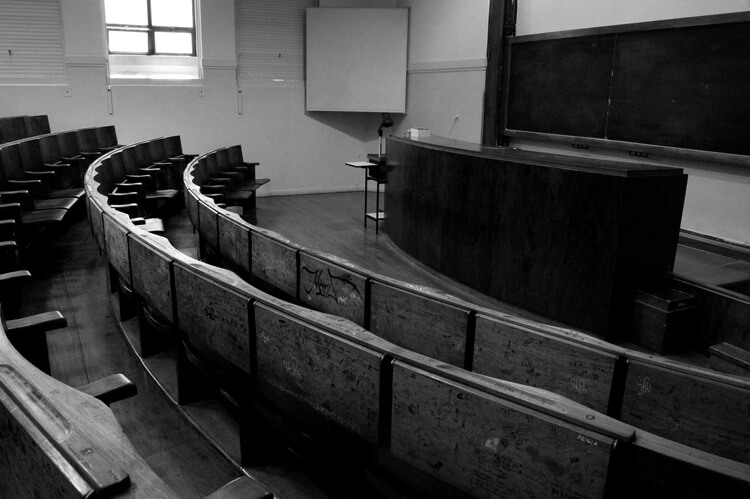
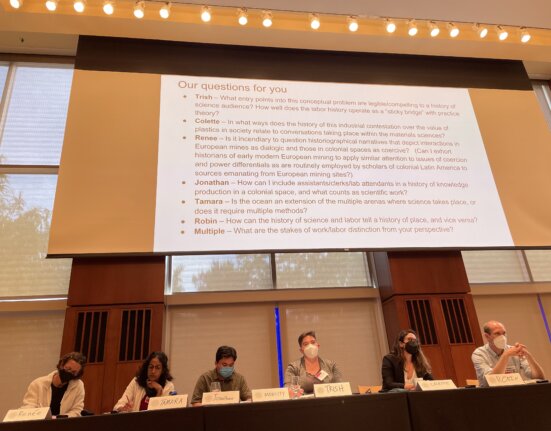
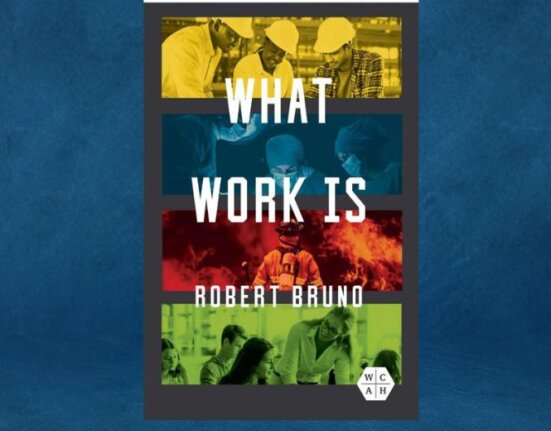
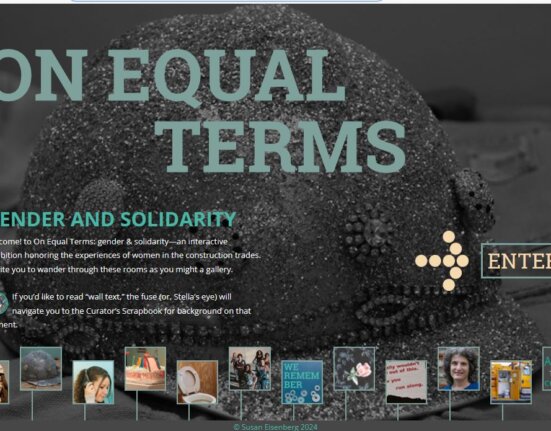
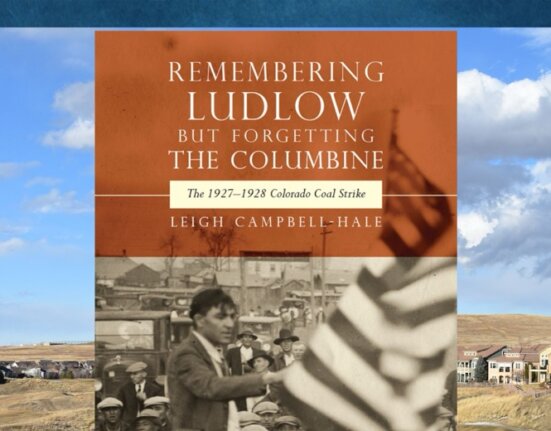
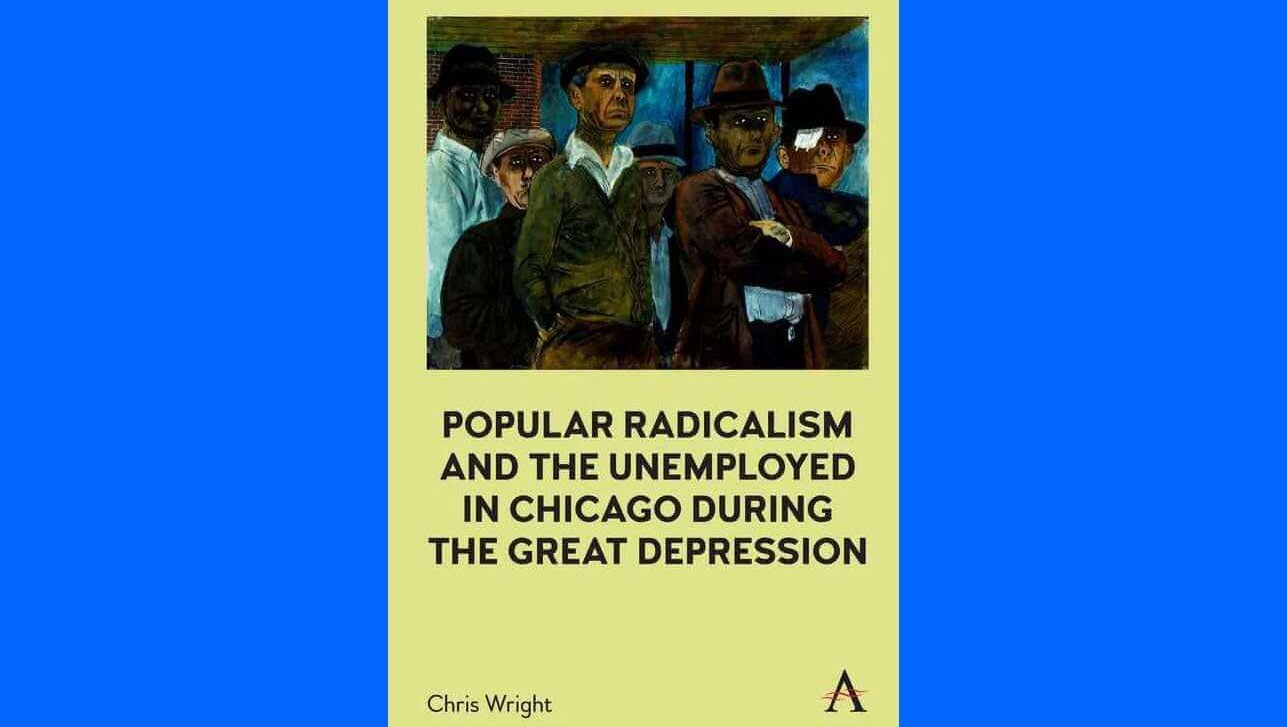
3 Comments
Comments are closed.